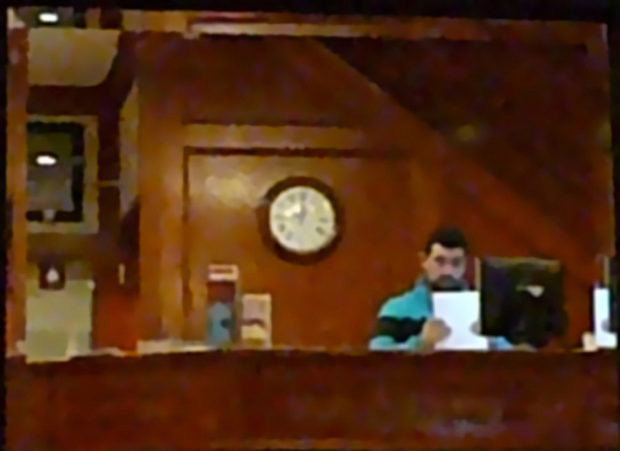How to Prevent Identity Theft During Hotel Stays

When guests check into a hotel, the first thing the front desk requests is a credit card for the room for any incidentals. Guests hand over their precious plastic without thinking twice. After all, they need to check in and a card is required to do so.
But before just grabbing any card out of their wallets, hotel guests might want to think twice. Hotel chains like Trump, Mandarin Oriental and White Lodging have all recently been hacked and lost massive amounts of financial and personal data on guests. Credit card numbers are not the only valuable data that was stolen.
Hotel Stays Increase Hacking and Identity Theft Risks
Hotels keep records of phone calls guests make, movie watching habits, room service orders and any other data for additional charges they might need make a stay more convenient. This information is valuable to criminals as well. Known as a “Fullz” record of an individual, thieves buy and sell this information because it can serve to assist in identity theft or answer online authentication questions for hacking into someone’s accounts.

Take Proper Precautions
The best way to prevent identity theft is to be proactive. It is considered best practice to take the proper precautions, but it is also a good idea to start monitoring your identity through reputable websites such as MyLife.com. This can help you find out which websites are displaying your personal information and public records, so that you can take the appropriate action. While most of your information can become accessible to identity thieves through other means, you can at least make it harder for them by removing or hiding your information online.
With that said, before paying for another hotel reservation, SNDR recommends considering the following safeguards to keep financial and personal information safe.
Get a separate credit card.
One that is only used to pay for travel including airfare and hotel reservations.
Skip out on some of the conveniences offered by hotels.
Including room service, free Internet access, long-distance calls and other fee-based services that are tied to the card used to pay for the room.
If booking a hotel stay online, do not use a regular credit card.
Go to a local supermarket and purchase a reloadable card instead. Use the throwaway card to pay for the booking.
Make sure you are using a secured connection to websites when available.
A simple “s” (https:// instead of https:// in your web browser’s URL bar) will protect you from most threats local and remote. The Electronic Frontier Foundation has created a utility that will automatically use a secure connection for you. Learn more about it at https://www.eff.org/Https-everywhere.
Create temporary passwords for sites you plan on accessing while travelling.
It is estimated that 60% of people use the same password, or a variation of one, for every account. If you get hacked while traveling, have a temporary “throwaway” password for email or social media. It will prevent a headache of worry over if your home accounts were compromised.
Bring your own computer.
Do not use the shared terminal in a hotel business center. You never know what the person who used the computer five minutes before you might have loaded onto it. It could be running programs watching your every move.
Don’t lose that room card.
Sometimes your credit card information is stored on the magnetic strip and is easily decoded if the room card is lost. Ask at the front desk if you can get a child-safe keycard without any purchasing power and carry that around instead.
About SNDR
SNDR™ is a new app that combines all the ways you already communicate into a single platform. You can text, email, share files and use social media all from one app. And, every message is encrypted and completely secure.
Images:
Main Lionel Martinez Credit cards frankieleon

